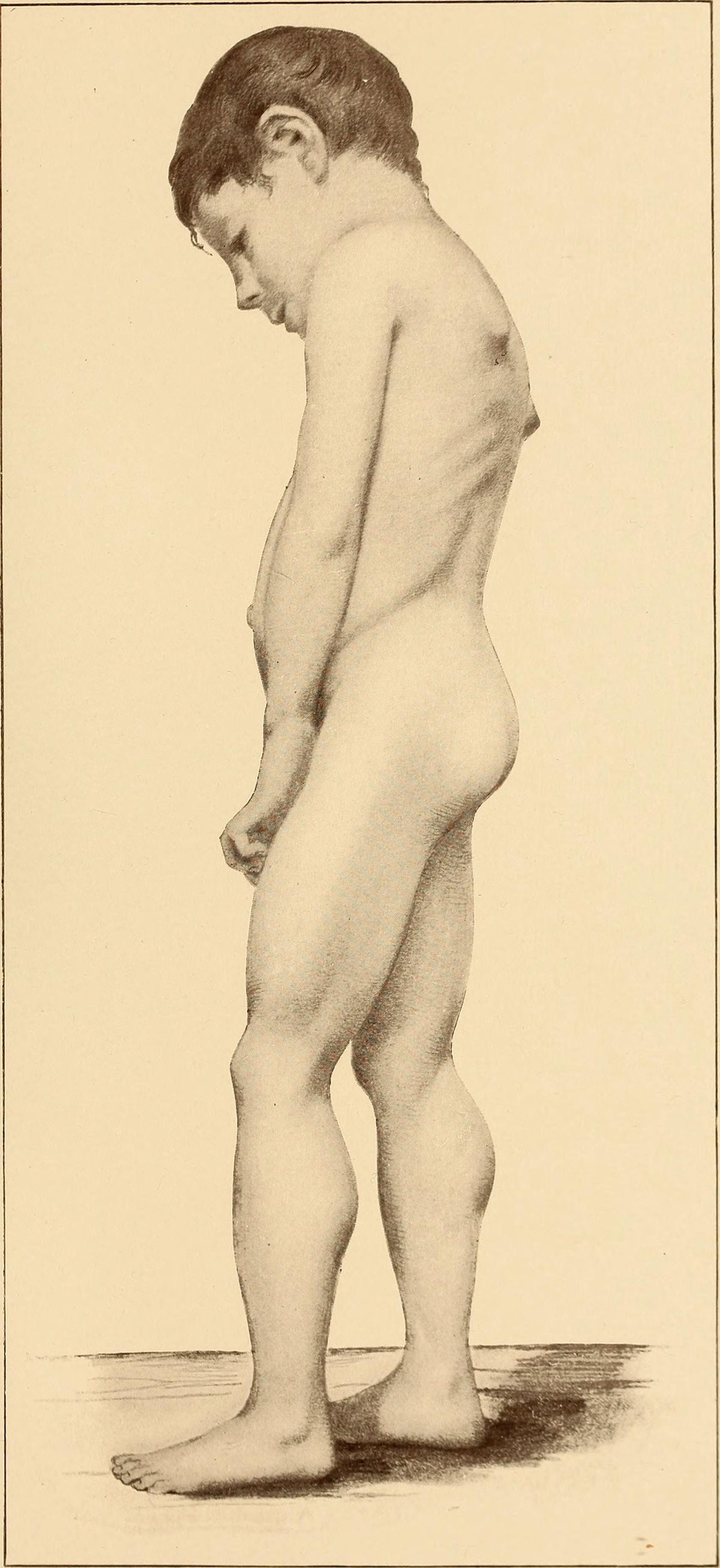
Clonus represents repetitive jerky movement of the muscles which particularly occurs if specific muscles are touched or moved. Clonus can be classified as normal or pathologic. One example of normal clonus includes hiccups. On the other hand, in many medical conditions clonus is pathologic. There are numerous reasons why clonus occurs. It is, therefore, essential to identify the underlying cause and treat the disease. Mild forms of clonus may be prevented and treated with certain exercise and body stretching. Severe forms require medications.
What are Symptoms and Causes of Clonus?
As it has been mentioned before the leading symptom are muscle jerks. They occur suddenly and are involuntary, shock-like, rather intensive and/ or frequent. Clonus may be limited to one particular muscle or it affects a group of muscles. In some cases clonus may even spread to other parts of the body. In severe form clonus significantly affects certain functions such as speech or movement.
Clonus occurs in many medical conditions. Epilepsy is only one of them. Apart from epilepsy clonus may affect people suffering from liver failure, kidney failure, metabolic problems, brain tumors, stroke, multiple sclerosis, poisoning with certain chemicals, sever trauma to head or spinal cord, Alzheimer's disease, etc.
Treatment for Clonus
Everyone should inform his/ her health care provider in case clonus occurs particularly if it is severe in intensity. The doctor will ask patients about his/ her problems and go into details related to clonus, perform physical and neurological examination and the patient will most certainly undergo additional test and examinations. This is performed in order to identify the exact cause of clonus.
The treatment of clonus depends on the underlying cause. There are numerous types of clonus treatment which may be suggested.
Medicamentous therapy of clonus includes immunosuppresants, anticonvulsants and tranquilizers. Clonazepam is the most commonly prescribed tranquilizer in patients suffering from clonus. Immunosupressanats include azathiprine and corticosteroids. And finally, primidone and levetiracetam are some of anticonvulsants which are frequently administered in case of clonus.
Physical therapy is another option. It consists of workouts and stretching exercises. In some cases even massage may be beneficial. If clonus affects a specific muscle or muscle group one is supposed to stretch these muscles regularly. In some people clonus may be brought under control by botulinum toxin type A injections. This toxin blocks the release of chemicals necessary for muscle contractions. And finally, clonus caused by certain lesions and tumors can be eliminated once the lesion or tumor have been surgically removed.




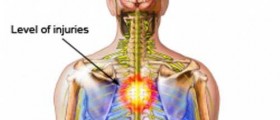

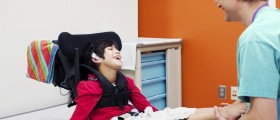

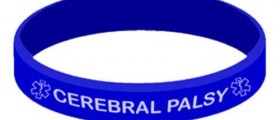
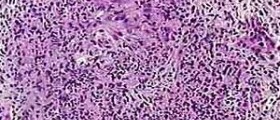

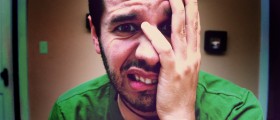
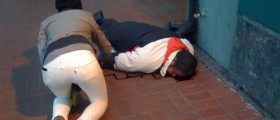

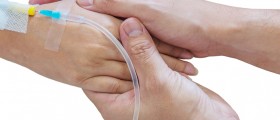

Your thoughts on this
Loading...